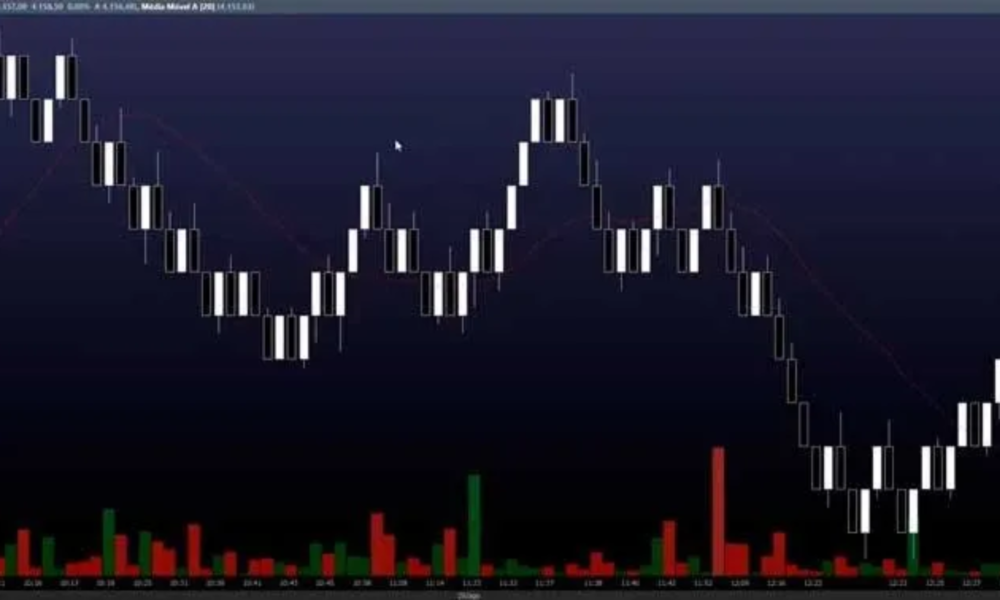Political instability in Brazil – Brazil’s political landscape has taken a tumultuous turn under President Luiz Inácio Lula da Silva. This period has been marked by increasing political instability, unprecedented levels of legal uncertainty, and growing concerns about censorship and abuse of power. At the center of the controversy is Alexandre de Moraes, a Supreme Court justice whose actions have raised alarms about judicial overreach and restrictions on freedom of expression. Investors, both domestic and international, are starting to take notice—and act.
A New Era of Political and Judicial Uncertainty
Since Lula’s return to power, Brazil has been navigating turbulent waters. The actions of Supreme Court Justice Alexandre de Moraes have drawn widespread criticism for allegedly undermining democratic principles. Reports of censorship and authoritarian tactics have created an environment of distrust and fear among citizens and businesses. This perceived erosion of judicial independence and legal predictability has led many to question the country’s commitment to upholding the rule of law.
Economic Impact: Brazilian Real Hits Record Lows
Brazil’s economic stability is also at risk. Today, November 27, 2024, the Brazilian real plunged to an all-time low of R$6.00 against the US dollar, underscoring the severity of the country’s financial challenges. International credit rating agencies have downgraded Brazil’s creditworthiness, signaling a lack of confidence in the government’s ability to address its fiscal and structural problems.

The historic low valuation of the currency exacerbates the “cost of doing business” in Brazil, making imports more expensive and increasing inflation. For foreign investors, the weakened real diminishes the appeal of Brazilian assets, leading to a mass exodus of capital.
Taxing the rich: a double-edged sword?
In an attempt to respond to the financial crisis, Finance Minister Fernando Haddad has unveiled a controversial package of measures, including a wealth tax targeting Brazil’s wealthiest individuals. While the initiative aims to address fiscal imbalances, it risks backfiring. Wealth taxes are often seen as a disincentive to investment, leading the country’s wealthiest individuals and corporations to move their assets abroad.
This capital flight could further weaken Brazil’s already fragile economy by reducing the availability of domestic resources for investment and growth. For foreign investors, the implications are clear: higher taxes and declining confidence in Brazil’s governance are warning signs that signal an increasingly hostile investment climate.
What this means for U.S. investors
For U.S. investors who are either considering or currently holding assets in Brazil, the risks have never been greater. In fact, political instability, legal uncertainty, and an unfavorable economic environment all contribute to a highly volatile and unpredictable investment landscape. As a result, these factors make it increasingly difficult to navigate the market effectively. Moreover, it’s crucial to note that American investors looking for insights on this topic may use important long-tail keywords such as:
- Impact of political instability on the Brazilian economy
- Effects of Brazil’s wealth tax on foreign investors
- Real hits record low against the dollar
- Legal uncertainty in Brazil under Lula
- Alexandre de Moraes censorship controversy
Political instability in Brazil – Looking ahead: A time for caution
Brazil’s current crises serve as a stark warning to international investors. Until there is a clear resolution to the ongoing political and judicial turmoil, as well as the implementation of more favorable economic policies, the risks associated with investing in Brazil are likely to outweigh the potential rewards.
Moreover, for U.S. individuals and companies exploring opportunities in emerging markets, diversifying into more stable economies could prove to be a prudent move in the current global economic climate. By prioritizing stability, investors may be better positioned to navigate the uncertainties that lie ahead.



